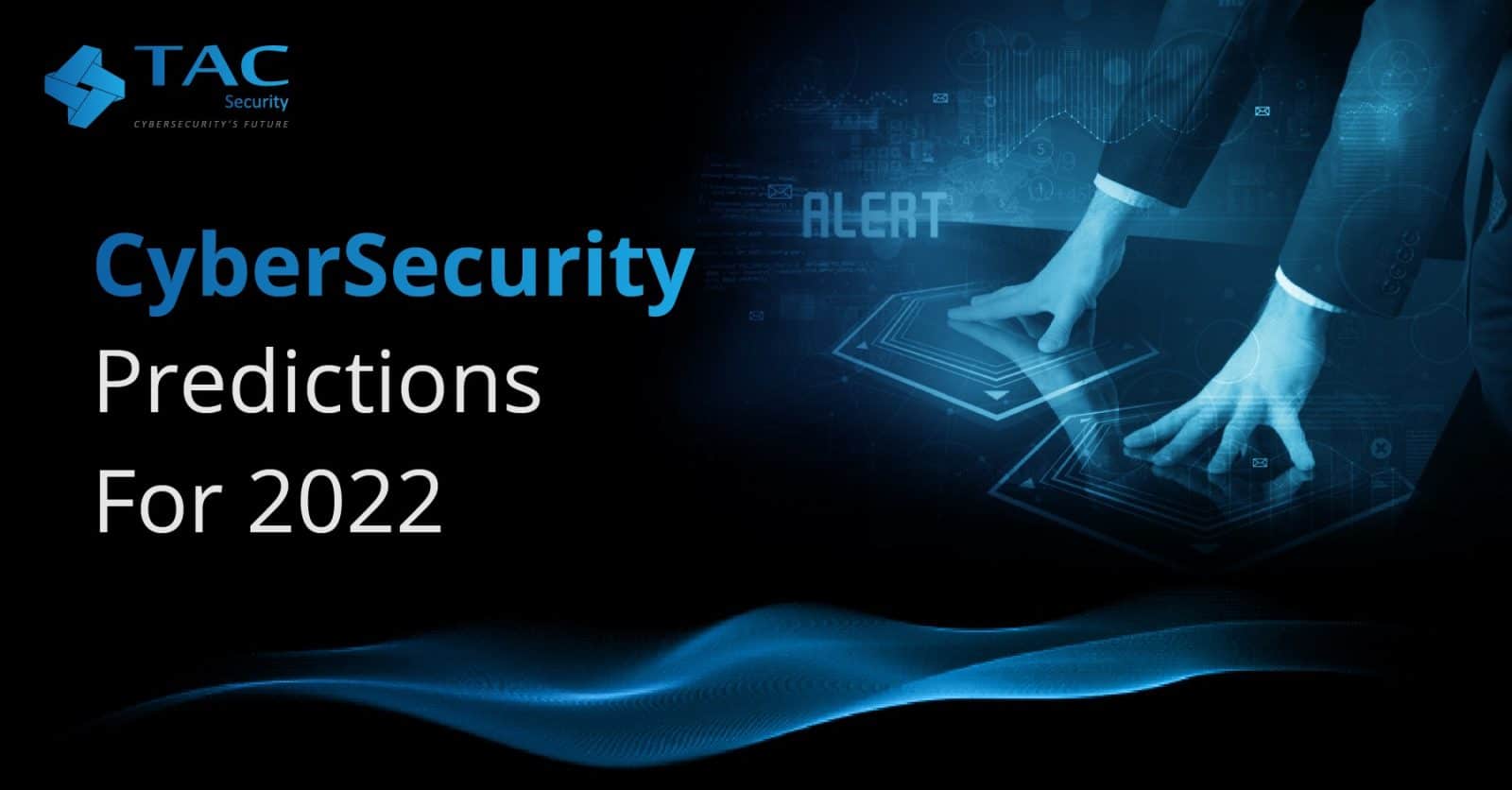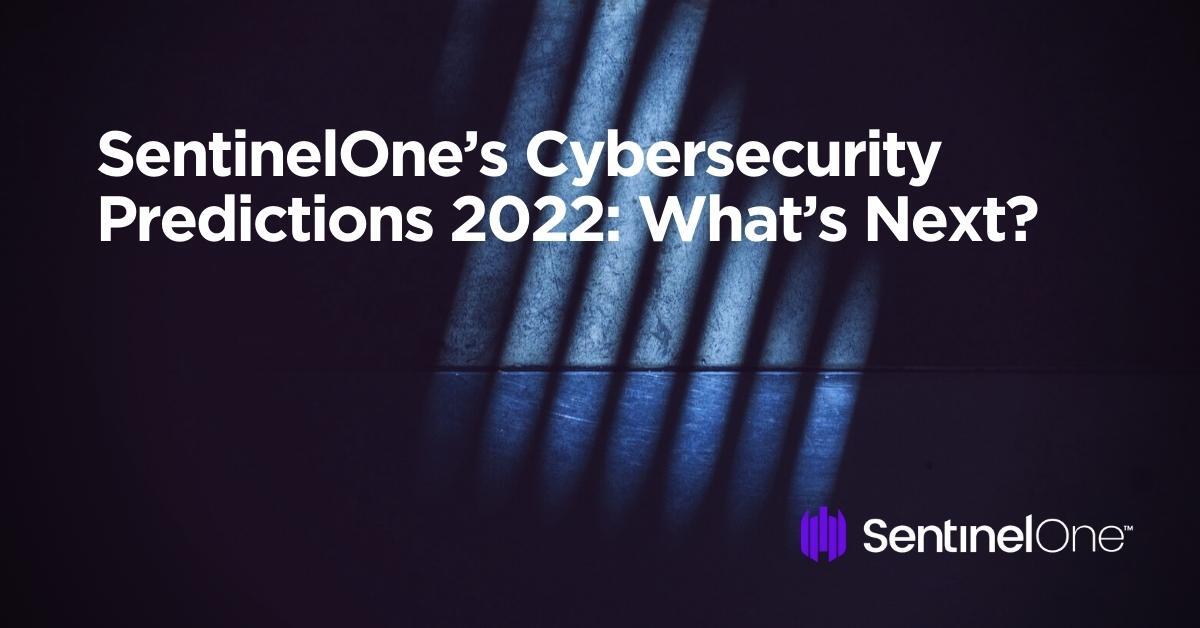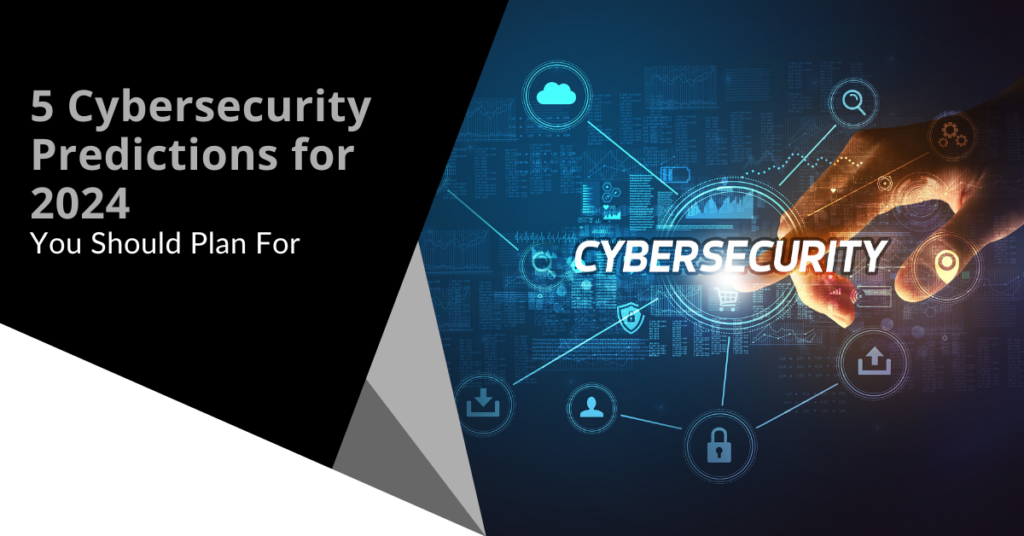Strengthen cyber resilience to withstand and recover from cyber threats.
Strengthen cyber resilience to withstand and recover from cyber threats.
Blog Article
The Following Frontier: Insightful Cybersecurity Predictions for the Coming Year
As we come close to the new year, the cybersecurity landscape is on the edge of notable improvement. Key variables such as the integration of sophisticated AI innovations, the unpreventable increase of sophisticated ransomware, and the tightening up of data personal privacy guidelines are shaping the future of electronic safety. The continuous occurrence of remote job continues to expose new susceptabilities that organizations must navigate. Understanding these dynamics is crucial for anticipating the challenges ahead and strategically strengthening defenses, yet the implications of these adjustments remain to be totally explored.
Rise of AI in Cybersecurity
In the swiftly developing landscape of cybersecurity, the combination of expert system (AI) is arising as a crucial pressure in enhancing threat detection and response capabilities. AI modern technologies, such as device discovering algorithms and deep understanding versions, are being significantly deployed to assess large amounts of information and determine patterns indicative of safety and security hazards. cyber resilience. This enables organizations to proactively resolve vulnerabilities prior to they can be exploited
The surge of AI in cybersecurity is specifically considerable in its capability to automate regular tasks, permitting human analysts to focus on even more intricate safety issues. By leveraging AI, cybersecurity groups can lower response times and enhance the precision of threat assessments. Moreover, AI systems can adapt and gain from brand-new risks, continually improving their discovery devices to remain ahead of malicious actors.
As cyber dangers end up being a lot more innovative, the requirement for advanced solutions will drive more financial investment in AI technologies. This trend will likely bring about the advancement of improved safety and security tools that integrate anticipating analytics and real-time monitoring, eventually fortifying organizational defenses. The transition in the direction of AI-powered cybersecurity options stands for not simply a technological change but a fundamental modification in exactly how companies approach their protection approaches.
Rise in Ransomware Strikes
Ransomware strikes have ended up being a prevalent threat in the cybersecurity landscape, targeting organizations of all sizes and throughout various industries. As we progress into the coming year, it is anticipated that these strikes will certainly not just raise in regularity however likewise in refinement. Cybercriminals are leveraging advanced tactics, consisting of making use of expert system and equipment knowing, to bypass typical safety steps and manipulate vulnerabilities within systems.
The acceleration of ransomware strikes can be connected to numerous elements, consisting of the increase of remote job and the expanding dependence on electronic services. Organizations are usually not really prepared for the advancing danger landscape, leaving essential framework vulnerable to breaches. The economic effects of ransomware are incredible, with companies encountering large ransom money demands and possible long-lasting functional disruptions.
In addition, the trend of dual extortion-- where assaulters not only secure data however additionally intimidate to leak sensitive information-- has gotten traction, even more persuading sufferers to abide by demands. Therefore, organizations should focus on robust cybersecurity procedures, including normal backups, staff member training, and event response planning, to alleviate the threats related to ransomware. Failure to do so can cause ravaging consequences in the year ahead.
Advancement of Information Personal Privacy Regulations
The landscape of data privacy regulations is going through substantial find this improvement as federal governments and organizations reply to the enhancing worries surrounding individual information defense. In recent times, the execution of comprehensive structures, such as the General Data Protection Law (GDPR) in Europe and the California Customer Privacy Act (CCPA) in the United States, has established a criterion for more stringent personal privacy legislations. These regulations emphasize consumers' civil liberties to manage their information, mandating openness and accountability from organizations that accumulate and refine individual information.

Furthermore, companies will certainly require to enhance their conformity strategies, purchasing sophisticated technologies and training to secure sensitive information. The advancement of information privacy regulations will certainly not just effect how services operate yet likewise form customer expectations, fostering a culture of depend on and safety and security in the electronic landscape.
Development of Remote Job Susceptabilities
As organizations remain to embrace remote work, susceptabilities in cybersecurity have significantly concerned the center. The shift to versatile work plans has actually subjected vital voids in protection methods, specifically as workers gain access to sensitive information from different places and gadgets. This decentralized work setting produces an expanded strike surface area for cybercriminals, that exploit unsecured Wi-Fi networks and personal gadgets to infiltrate business systems.

To mitigate these susceptabilities, companies must focus on extensive cybersecurity training and apply robust safety and security frameworks that incorporate remote work scenarios. This includes multi-factor authentication, normal system updates, and the establishment of clear procedures for information accessibility and sharing. By dealing with these vulnerabilities head-on, companies can promote a more secure remote work atmosphere while maintaining operational durability when faced with developing cyber risks.
Improvements in Danger Detection Technologies


Aggressive risk discovery has become a foundation of modern-day cybersecurity techniques, showing the immediate requirement to combat increasingly sophisticated cyber hazards. As companies deal with a progressing landscape of vulnerabilities, developments in hazard discovery modern technologies are vital in mitigating her explanation dangers and boosting security poses.
One noteworthy fad is the combination of fabricated knowledge and artificial intelligence right into risk discovery systems. These technologies make it possible for the analysis of huge amounts of data in genuine time, permitting for the identification of abnormalities and possibly malicious activities that might avert standard protection actions. Furthermore, behavioral analytics are being executed to develop standards for normal individual task, making it much easier to identify discrepancies indicative of a violation.
Additionally, the increase of automated threat intelligence sharing platforms helps with joint protection efforts throughout markets. This real-time exchange of information boosts situational understanding and increases response times to arising threats.
As companies proceed to spend in these advanced technologies, the efficiency of cyber protection mechanisms will significantly enhance, equipping safety teams to stay one step ahead of cybercriminals. Inevitably, these developments will certainly play an essential role in forming the future landscape of cybersecurity.
Conclusion
In recap, the approaching year is anticipated to witness transformative growths in cybersecurity, driven by the assimilation of AI technologies and a noteworthy boost in ransomware attacks. As data personal privacy guidelines come to be a lot more strict, organizations will need to enhance conformity methods. The continuous challenges posed by remote work vulnerabilities demand the execution of durable safety measures and detailed training. Overall, these advancing characteristics underscore the crucial relevance of adapting to an ever-changing cybersecurity landscape.
Report this page